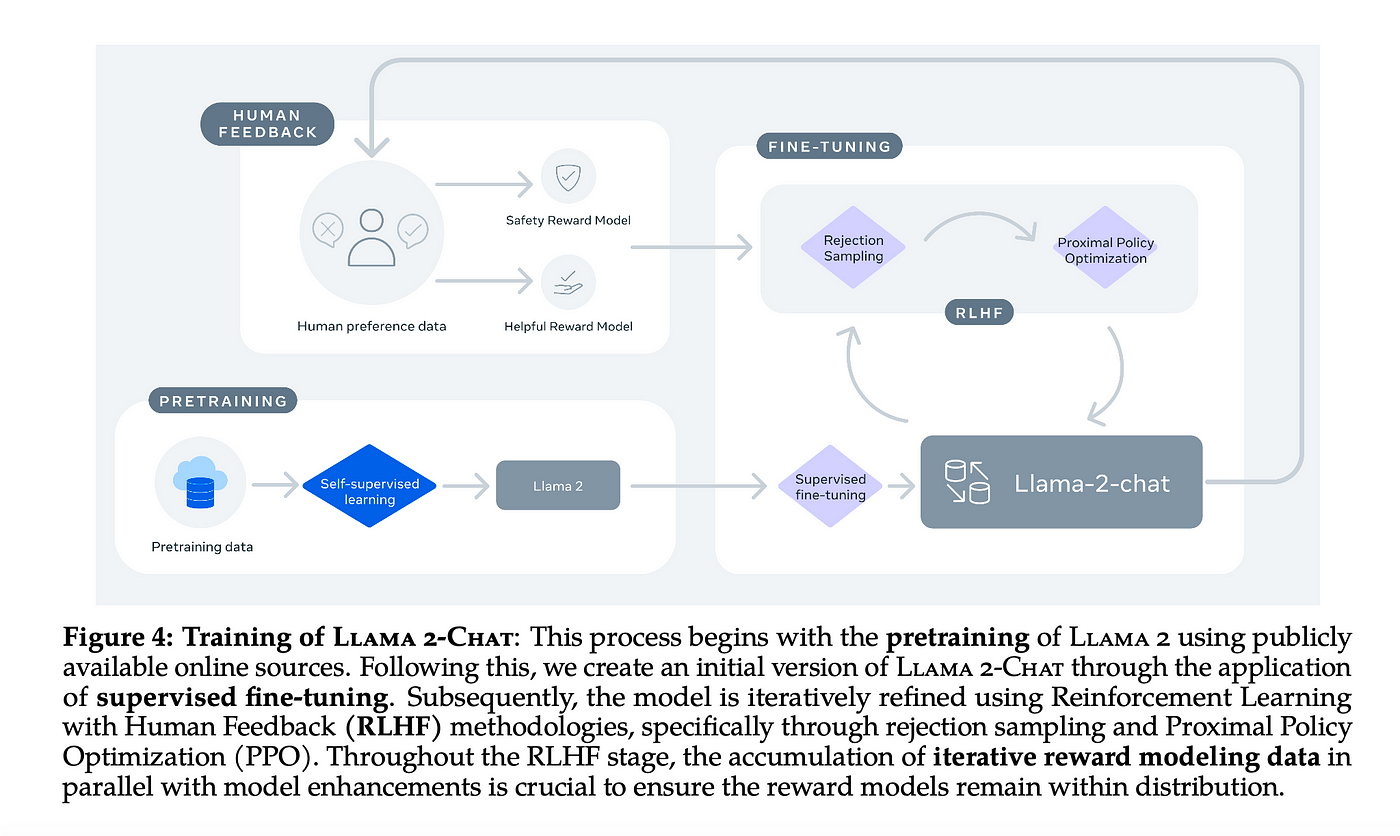Meta Open-Sources Code Llama 70B AI Model (meta Llama)
Meta is disrupting the AI development landscape by introducing Code Llama 70B, its latest open-source coding AI breakthrough. This cutting-edge 70-billion-parameter model is designed to facilitate code generation, debugging, and comprehension across various programming languages. The availability of this model to developers, researchers, and enterprises for free marks a significant milestone in the AI community.
The Evolution of Code Llama 70B
Code Llama 70B represents a significant advancement from Meta's earlier Code Llama iterations, leveraging the LLaMA (Large Language Model Meta AI) architecture. Boasting 70 billion parameters, this model offers enhanced capabilities in code understanding, generation, and reasoning.
One of the distinguishing features of Code Llama 70B is its extensive language support, catering to popular languages like Python, JavaScript, C++, Java, PHP, and niche languages. This versatility makes it a valuable tool for diverse software engineering tasks, ranging from frontend development to systems programming.

Key Features of Code Llama 70B
- Multilingual Programming Support: Capable of handling numerous programming languages with contextual comprehension.
- Long Context Window: Supports up to 100K tokens in select configurations, enhancing the understanding of large codebases.
- Improved Debugging & Documentation: Enables code commenting, optimization, and explanations, serving as a robust aid for developers.
- Open Access: Accessible through GitHub and Hugging Face, with permissive licensing for academic and commercial use.
Meta's decision to open-source Code Llama 70B reflects its dedication to promoting an open AI ecosystem. According to Meta's Chief AI Scientist Yann LeCun, "Open models level the playing field, empowering innovation, transparency, and global collaboration."

Benefits and Applications
Code Llama 70B's open-source nature allows for inspection, customization, and deployment by anyone, eliminating cost and accessibility barriers. This accessibility benefits various stakeholders:
- Startups can integrate AI-driven development tools without relying on expensive APIs.
- Educators and students can use the model for interactive programming instruction.
- Enterprise teams can streamline testing and code reviews by fine-tuning the model on proprietary code.
- Researchers can explore the model's architecture and adapt it for novel AI applications.
Comparison of AI Models
| Feature | Code Llama 70B | OpenAI Codex | Google Gemini Code |
|---|---|---|---|
| Model Size | 70B parameters | ~12B parameters | Unknown (proprietary) |
| Open Source | Yes | No | No |
| Commercial Use | Permissible | Restricted | Restricted |
| Multilingual Support | Extensive | Moderate | High |
| Custom Training | Allowed | Not available | Not available |

Meta's commitment to transparency and accessibility positions Code Llama 70B as a frontrunner in the open-source AI community. By making this powerful AI model available to all, Meta is empowering developers worldwide to accelerate innovation and reduce dependence on closed, costly systems.
Code Llama 70B heralds a new era in AI coding tools, setting a benchmark for accessibility and performance. Whether you are a developer, educator, startup founder, or researcher, this model offers unparalleled opportunities for advancement in AI-assisted programming.
For more information on AI and programming, you can visit Meta's AI blog.




















